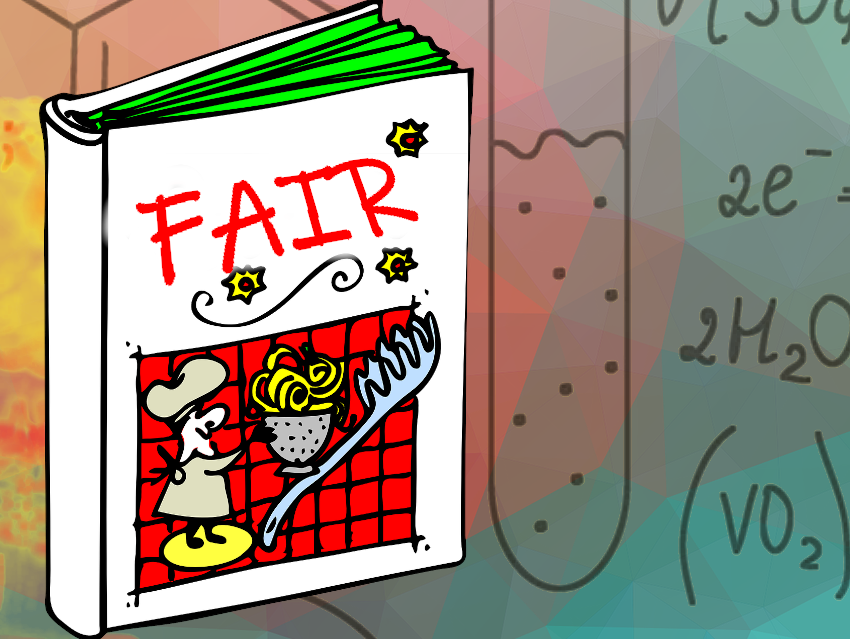With the rise of digital tools, chemists need to be comfortable with data, code, and online platforms. The International Union of Pure and Applied Chemistry (IUPAC) has launched the FAIR Chemistry Cookbook, an interactive guide to promote the sharing and reusing of chemical data. This online guide offers practical training materials and interactive tutorials to help researchers and professionals manage and use digital chemical data effectively, following the FAIR principles: Findable, Accessible, Interoperable, and Reusable.
The Cookbook equips users with skills to analyze, visualize, and integrate chemical data efficiently. Key features include:
- Practical Training Materials: Step-by-step protocols for managing machine-readable chemical data.
- Wide Scope: Instructions for various tasks and use cases in handling data programmatically.
- FAIR Principles: Emphasis on making data Findable, Accessible, Interoperable, and Reusable.
- Educational Focus: Guides for researchers and students to understand and apply digital data practices.
- Interactive Tutorials: Hands-on experiences with data tools and workflows using code.
- Community Repository: Easily accessible online tutorials promoting FAIR data reuse.
- Online Accessibility: Accessible through existing online platforms for broad use.
The Cookbook is intended to be a permanent reference. IUPAC welcomes contributions, especially from those experienced with digital chemical data. Contributors will receive recognition, such as having their ORCID integrated into the metadata of their contributions, and each contribution will receive a unique ID.
The project was developed by a team of experts, including Stuart Chalk (Editor), University of North Florida, USA, Simon Coles, University of Southampton, UK, Jordi Cuadros, IQS Universitat Ramon Llull, Spain, Sonja Herres-Pawlis, RWTH Aachen University, Germany, John Jolliffe, Johannes Gutenberg University Mainz, Germany, Sunghwan Kim, National Center for Biotechnology Information, National Institutes of Health, USA, Nicola Knight, University of Southampton, UK, Ken Kroenlein, Citrine Informatics, Redwood City, CA, USA, Ye Li, Massachusetts Institute of Technology, USA, Leah McEwen, Cornell University, Ithaca, NY, USA, Samuel Munday, University of Southampton, UK, Vincent F. Scalfani, University of Alabama, USA, Fatima Mustafa, The University of Texas, San Antonio, USA.


